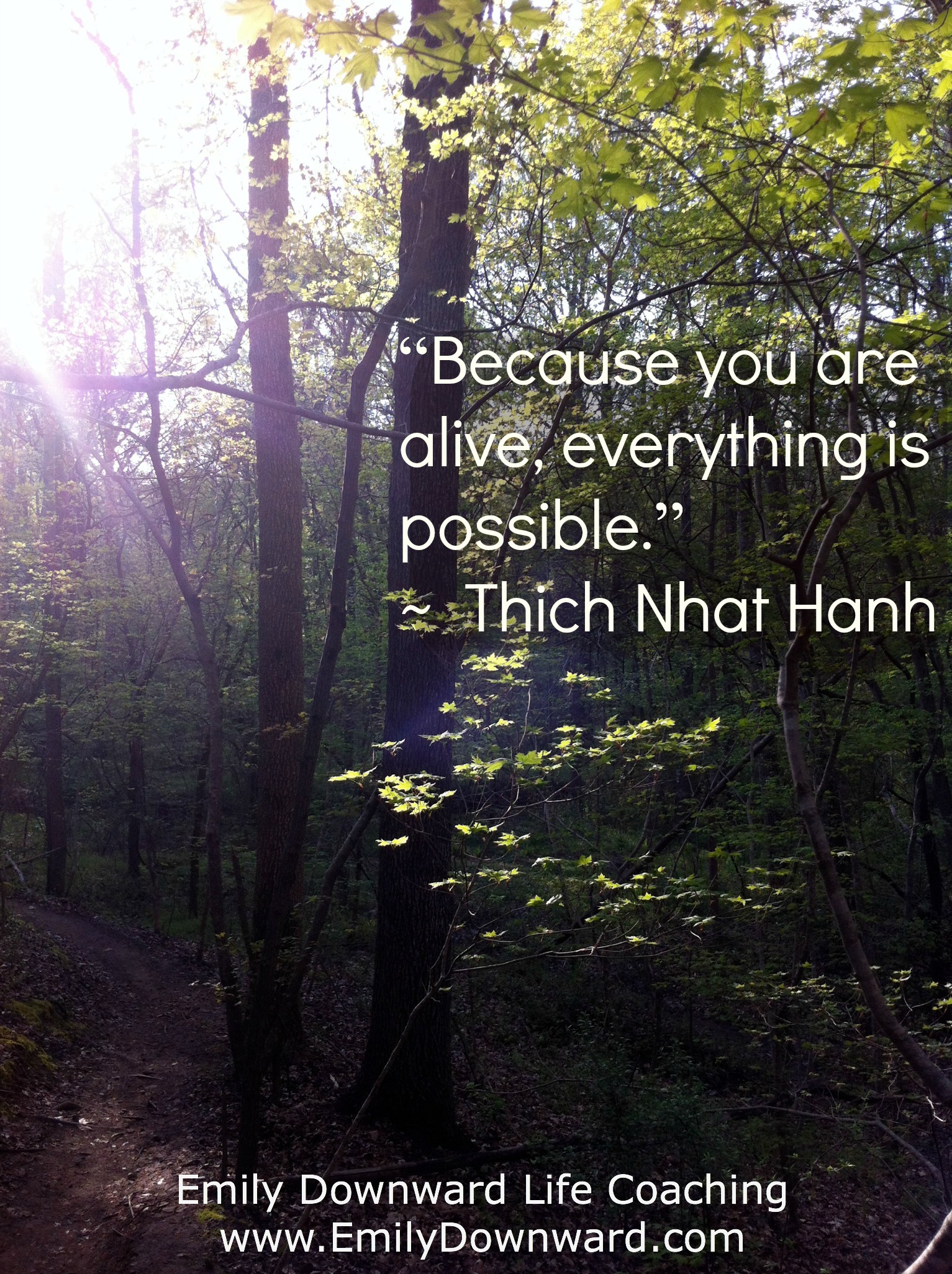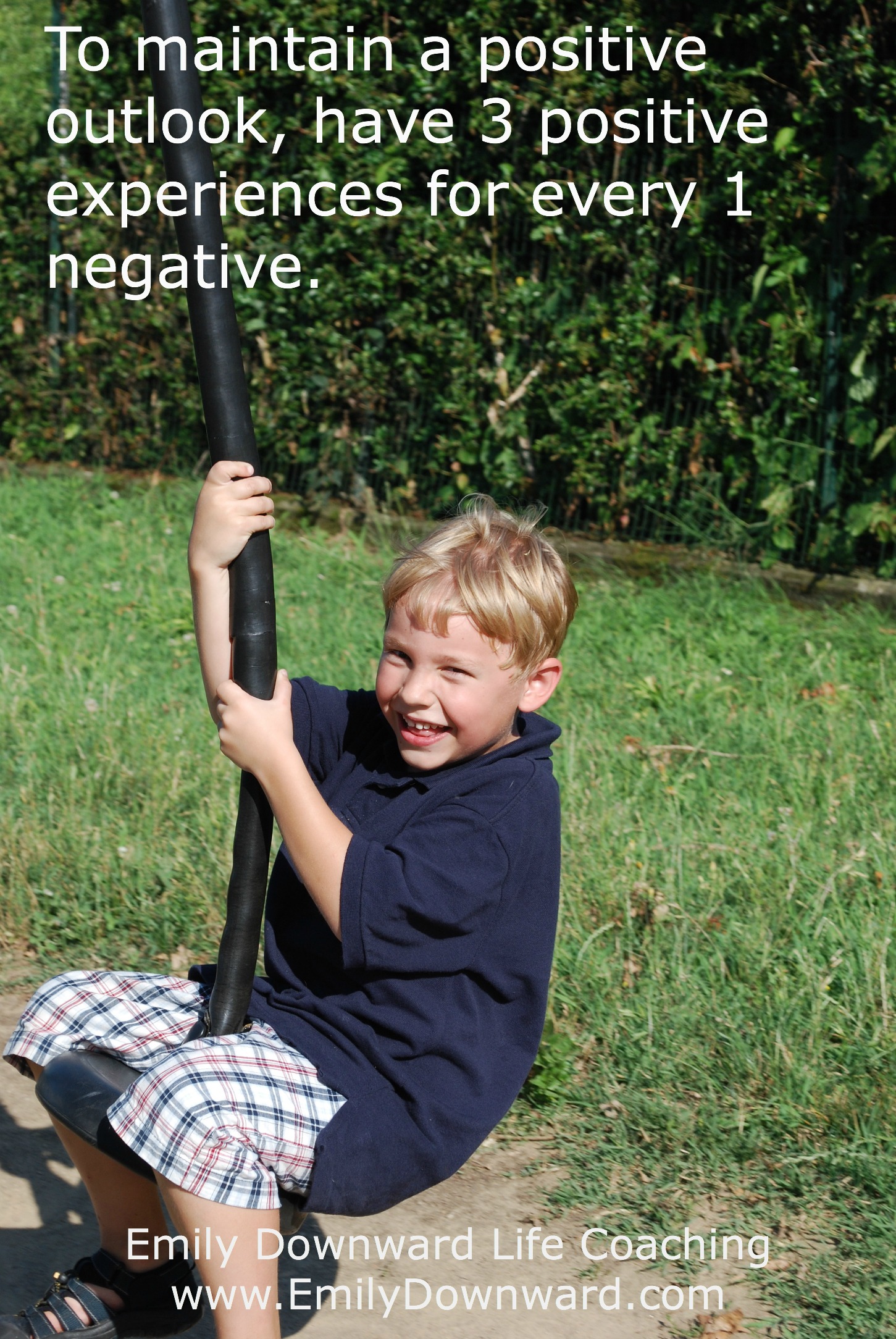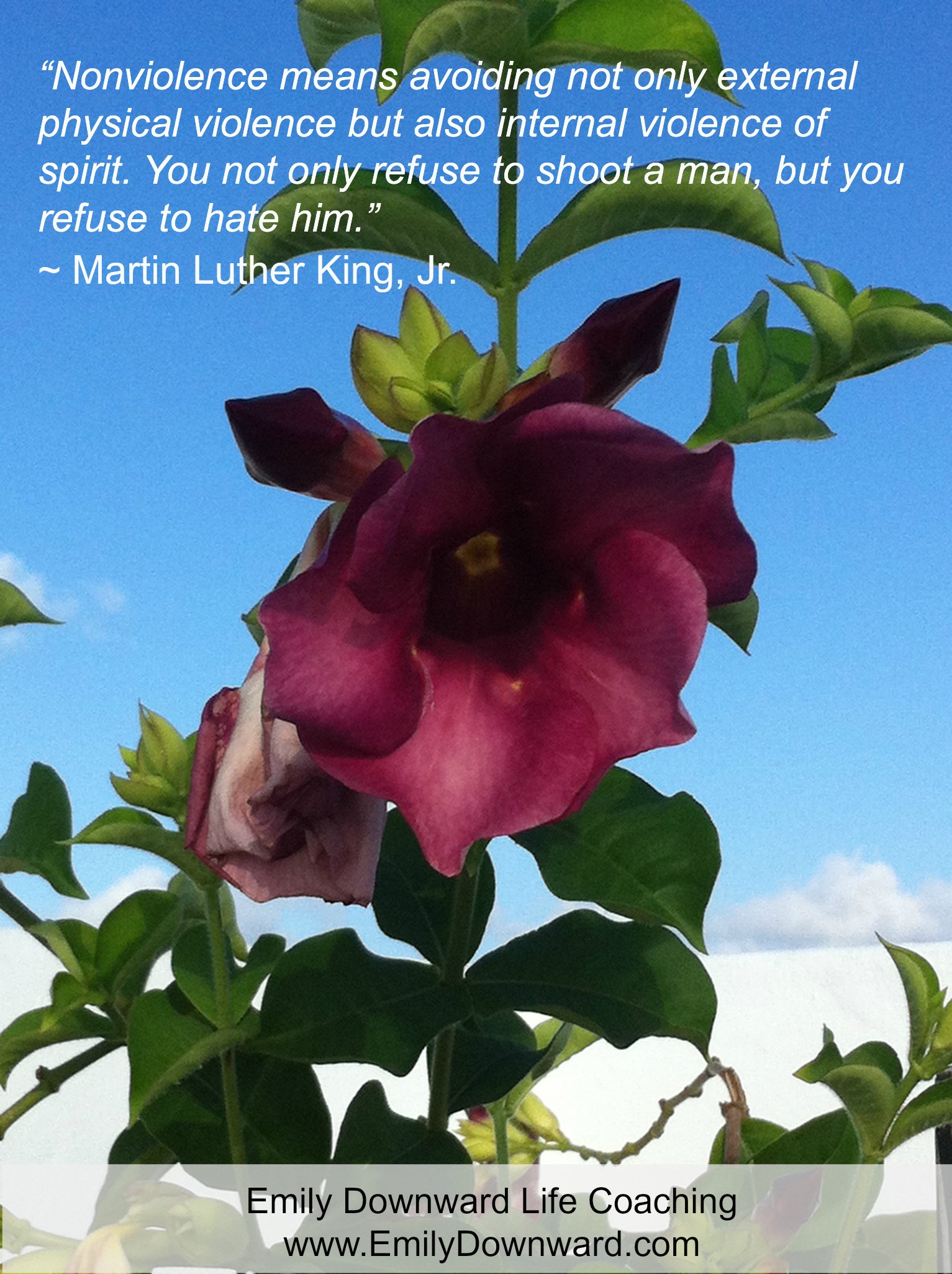 “Is your life as fabulous as it looks on Facebook?” I was recently asked by a friend I hadn’t spoken to in awhile.
“Is your life as fabulous as it looks on Facebook?” I was recently asked by a friend I hadn’t spoken to in awhile.
So I’ve decided to come clean: Yes and No.
How my life isn’t as fabulous as it looks on Facebook: I’ve had some crappy days lately. I don’t post about that. Actually, after attempting to get through it on my own, I finally “broke down” and asked for help from some of my trusted and loving colleagues (my ego hates to admit this, but it’s true, I can’t do it all alone). Coaches rock!
How my life IS as fabulous as it looks on Facebook: Even on the crappy days, I count my blessings. I know how lucky I am to have found someone amazing to share love, to have a loving family, to have an incredible group of friends, colleagues, and past colleagues who are supportive and inspiring. I am so thankful to know my passion for coaching and to be a certified coach. I have phenomenal clients that I get to work with, and to watch them grow in their confidence and realize their dreams is my distinct honor.
The field of positive psychology, the basics of which I apply in my life and in my coaching and find myself craving even more, focuses on increasing people’s resiliency, our ability to bend without breaking, to bounce back when life knocks us down. One of the quick ways to help yourself is by using the ratio of 3:1. For every negative experience, have 3 positive ones to increase your positive emotion over negative emotion. Interestingly, the frequency is more important than the intensity, so even if you count the simple positive things, it can work. I think this also helps by focusing your attention on what you do want rather than what you don’t want. Positivity, besides just feeling good, also broadens your mind and inspires you to be more creative. It also leads to stronger relationships with others. All these benefits can give you even more positive experiences to cherish.
Oh, and another thing? Positivity is contagious! (Did you catch it?)


